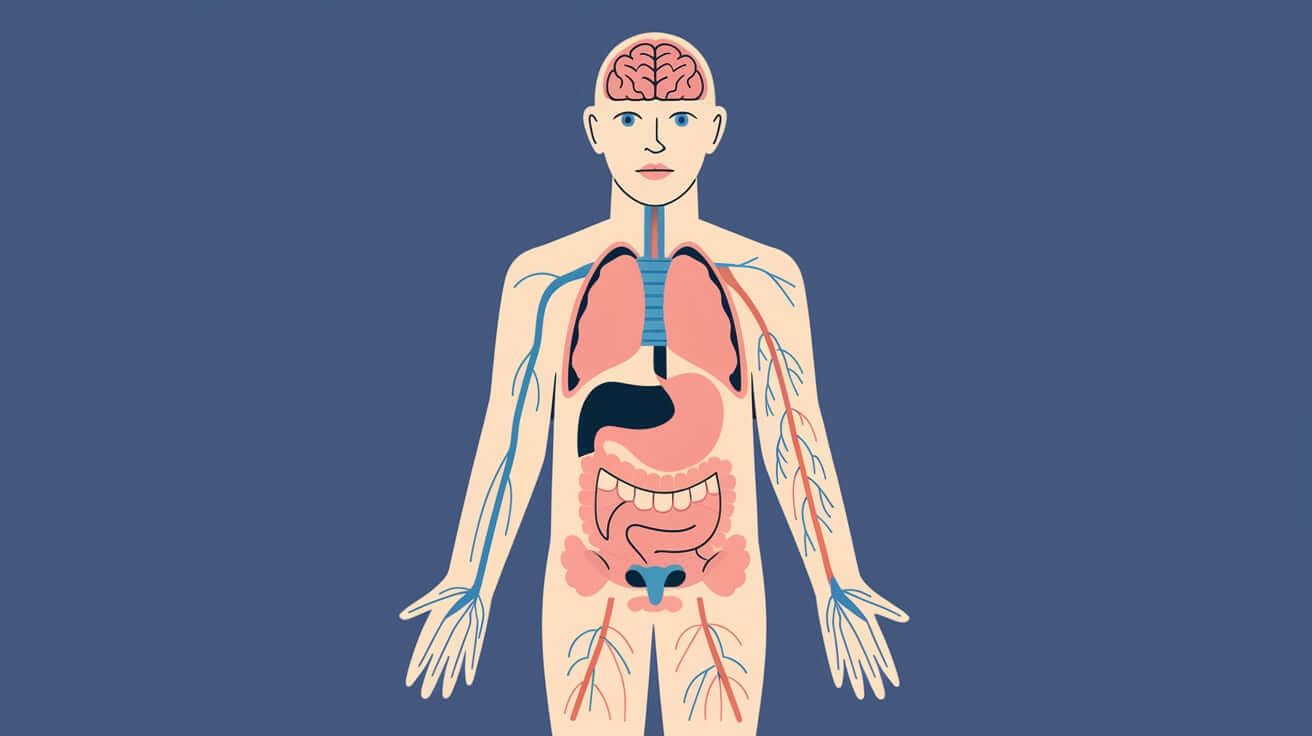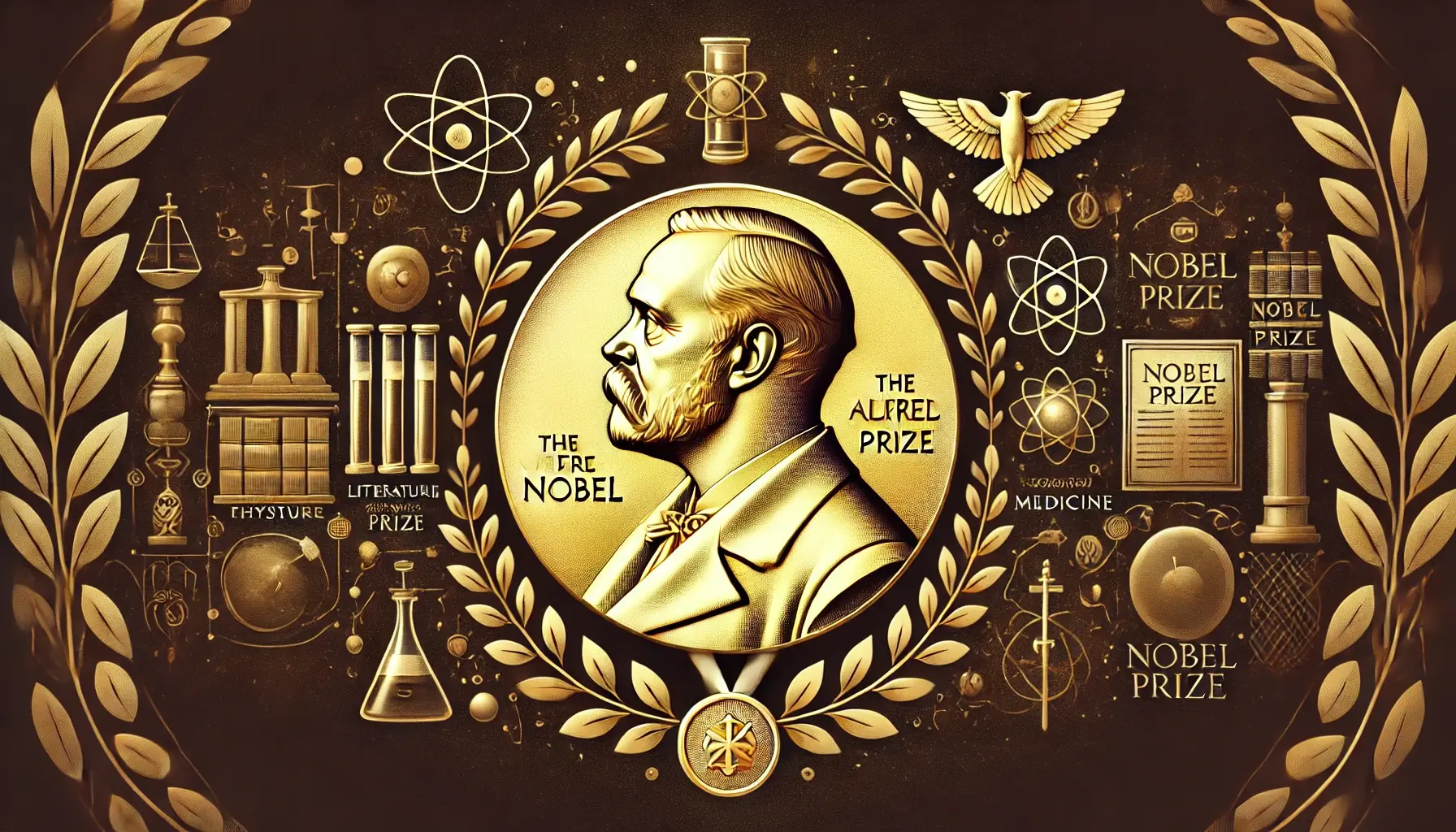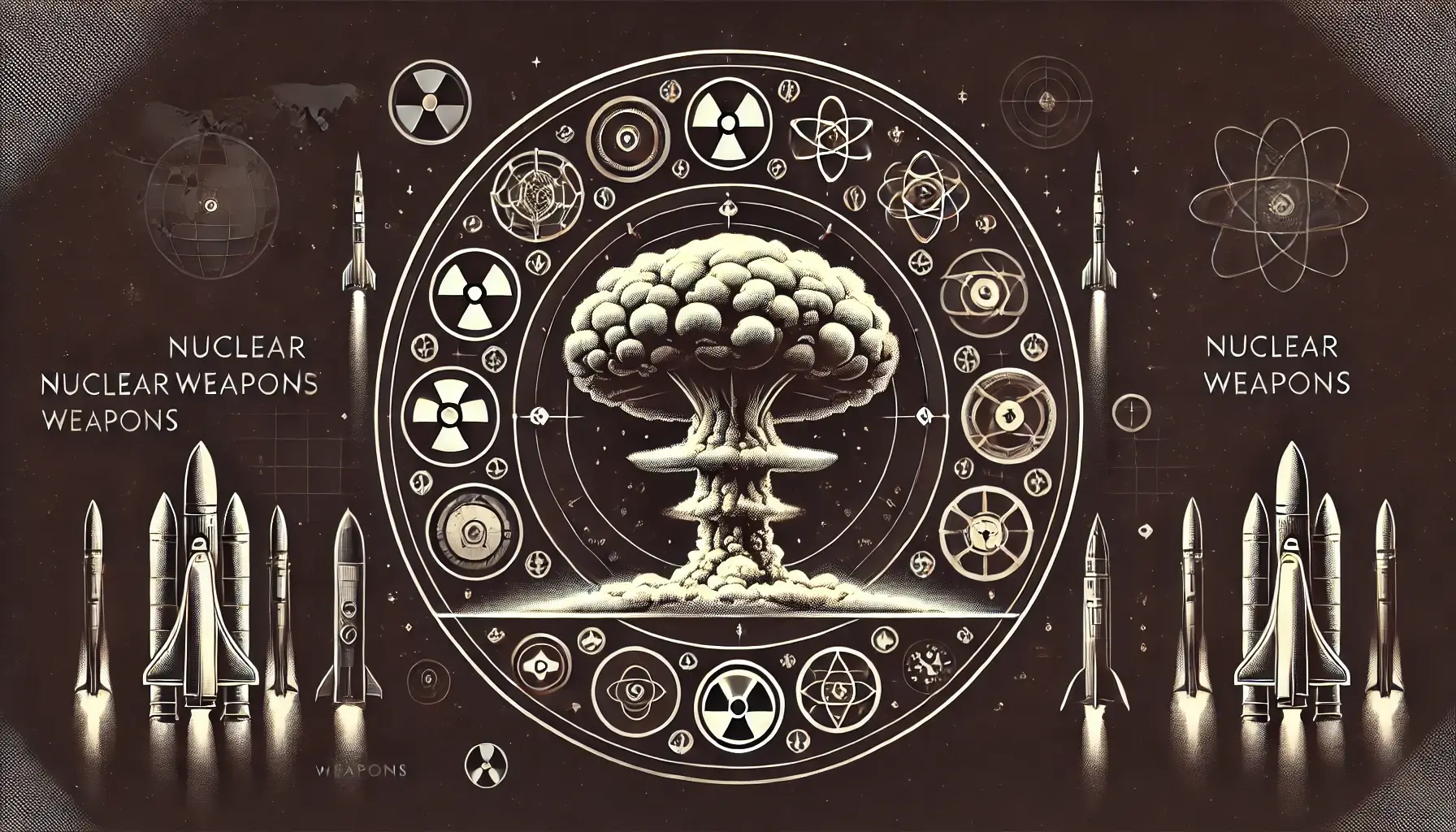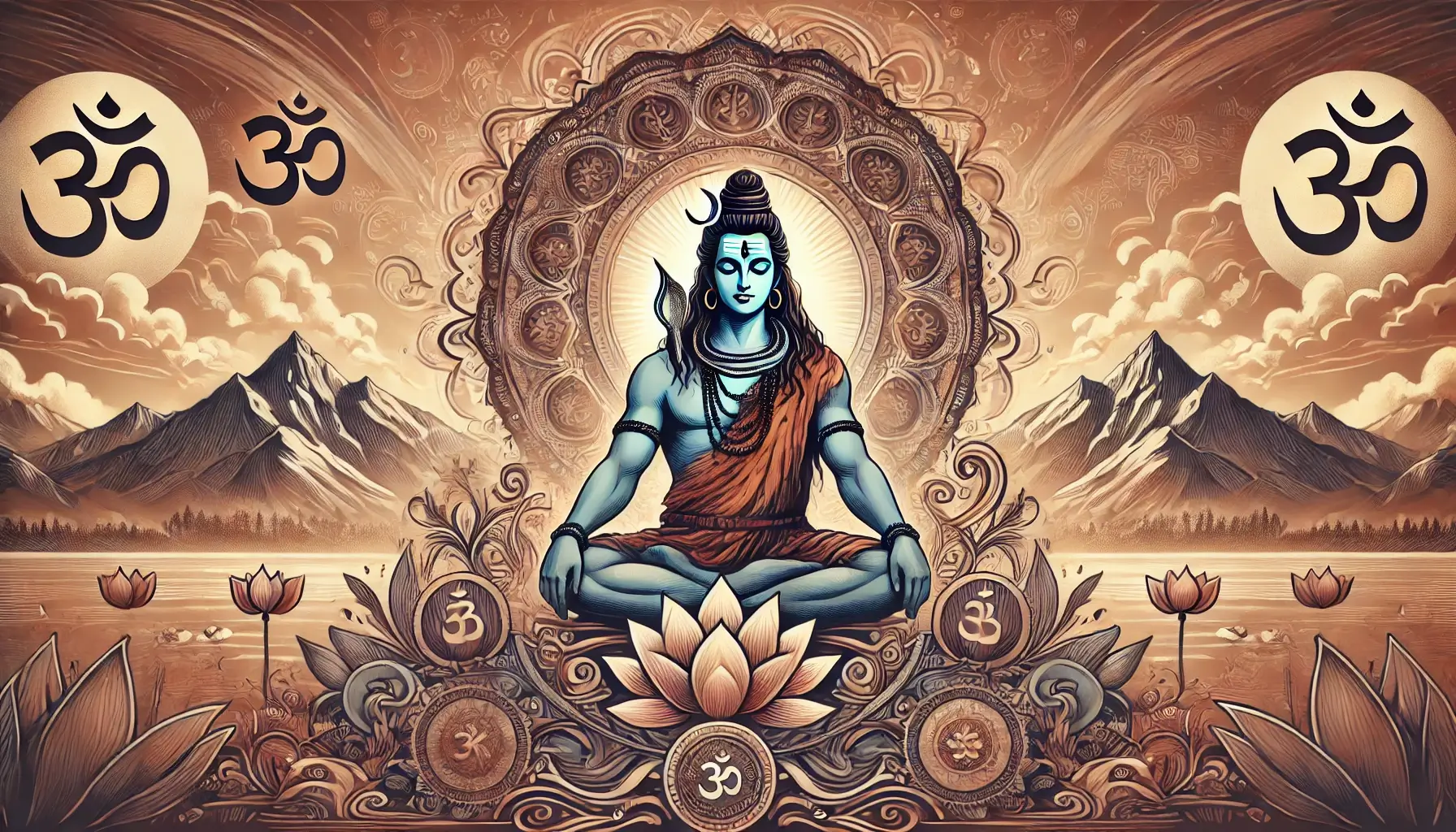Latest Blog Posts on The Human Body: Key Parts and Their Functions, Oscars Award: The Highest Honor in the Film Industry Globally, Nobel Prize: The Most Valuable and Prestigious Award Globally, Nuclear Weapons: Official NPT Powers and Non-NPT Armed States, Yoga: Ancient Indian Practice for Mind, Body, and Spiritual Harmony
The Human Body: Key Parts and Their Functions
The human body is composed of several major parts, each with specific functions. Here’s a summary of key body parts:
2 eyesfor vision.2 earsfor hearing and balance.1 nosefor breathing and smell.1 mouthfor eating, speaking, and breathing.2 lungsfor breathing and oxygen exchange.1 heartfor pumping blood.2 kidneysfor filtering waste from the blood.1 brainto control bodily functions and thoughts.2 armsfor movement and activity.2 legsfor walking and balance.206 bonesin the skeletal system for support and protection.640 musclesfor movement and strength.32 teethfor chewing (in adults).1 liverfor detoxifying the body.1 stomachfor digestion.
These parts, along with other organs and systems, work together to keep the body functioning properly.
Oscars Award: The Highest Honor in the Film Industry Globally
The Oscars, also known as the Academy Awards, were established by the Academy of Motion Picture Arts and Sciences (AMPAS) and first awarded in 1929. They are the highest honor in the film industry, recognizing excellence in categories like Best Picture, Best Director, and Best Actor. Each year, numerous Oscars are awarded to celebrate outstanding cinematic achievements. By 2024, the 96th Oscars will have taken place, continuing the tradition of recognizing exceptional contributions to cinema.
The first Oscar in India was won by Bhanu Athaiya in 1983 for Best Costume Design in Gandhi, and the second went to A.R. Rahman in 2009 for his work in Slumdog Millionaire.
Nobel Prize: The Most Valuable and Prestigious Award Globally
The Nobel Prize, established by Alfred Nobel in 1895, is the most prestigious international award recognizing significant contributions in Physics, Chemistry, Medicine, Literature, Peace, and Economic Sciences. It honors those who have greatly benefited humanity. Each laureate receives a medal, a diploma, and a cash prize, with up to three winners allowed per category each year. Notably, Mathematics is not included in the Nobel categories, as Nobel did not specify it in his will. The awards continue the tradition of Nobel Prizes since they began in 1901.
The first Nobel Prize awarded to an Indian was to Rabindranath Tagore in Literature (1913), followed by C.V. Raman in Physics (1930).
Nuclear Weapons: Official NPT Powers and Non-NPT Armed States
Nuclear weapons are powerful devices that use nuclear reactions to cause massive destruction. The official nuclear powers recognized under the Non-Proliferation Treaty (NPT) are the United States, Russia, China, France, and the United Kingdom. These nations are also permanent members of the UN Security Council. Non-NPT nuclear-armed states include India, Pakistan, and North Korea, while Israel is believed to have nuclear weapons, though undeclared. These weapons are a major global security concern, prompting efforts for arms control and non-proliferation.
Yoga: Ancient Indian Practice for Mind, Body, and Spiritual Harmony
Yoga is an ancient Indian practice over 5,000 years old, involving physical postures, breathing, and meditation to harmonize the mind, body, and spirit. Styles like Hatha, Vinyasa, and Ashtanga offer benefits like improved flexibility, reduced stress, and better mental health.
Shiva, known as Adi Yogi, is believed to have originated yoga, while Patanjali compiled the Yoga Sutras. Influential ancient gurus like Sage Vyasa and Gorakhnath further expanded its reach. International Day of Yoga is celebrated on June 21.




